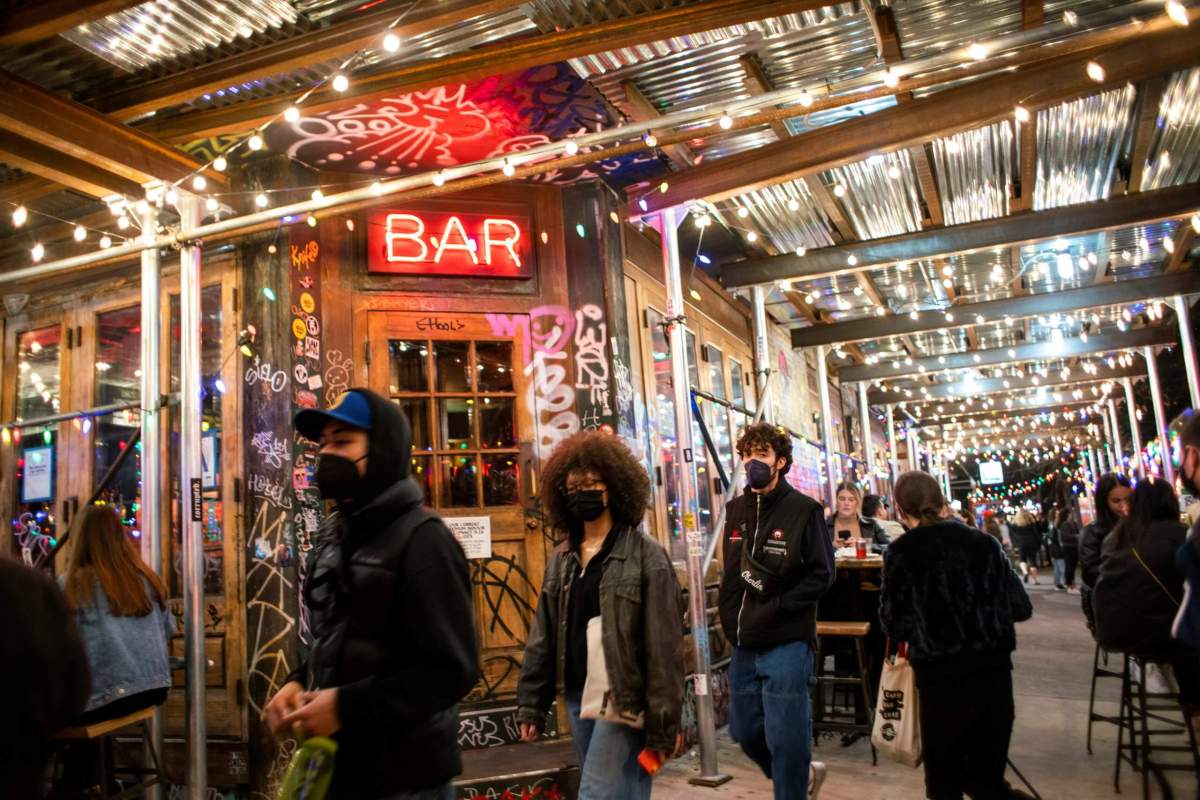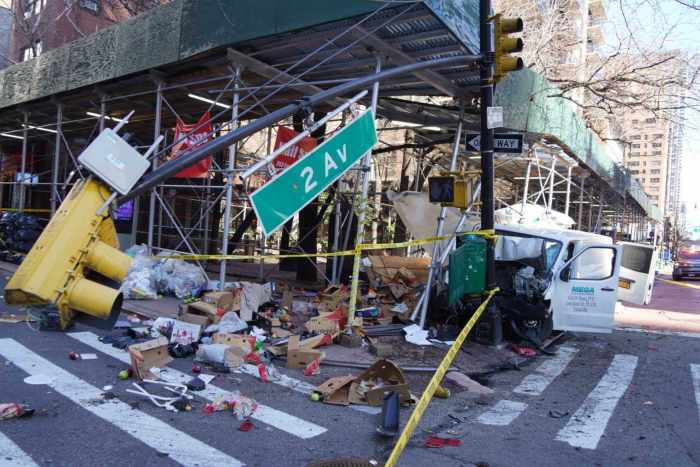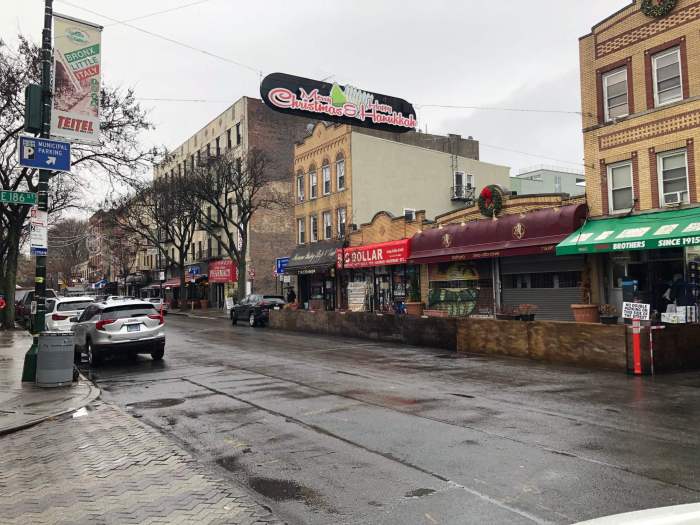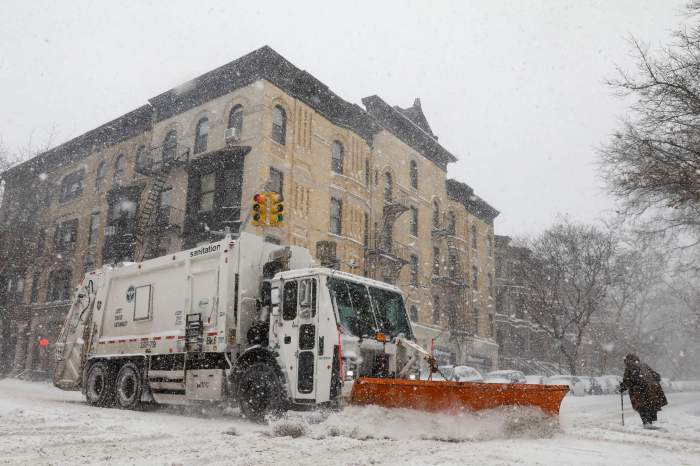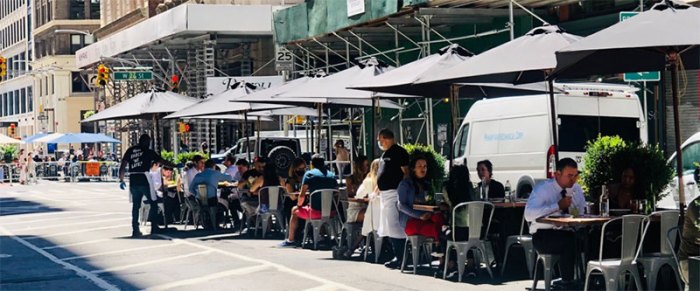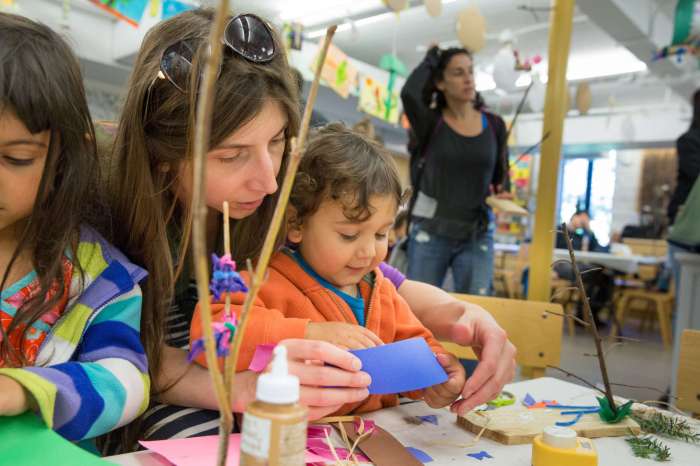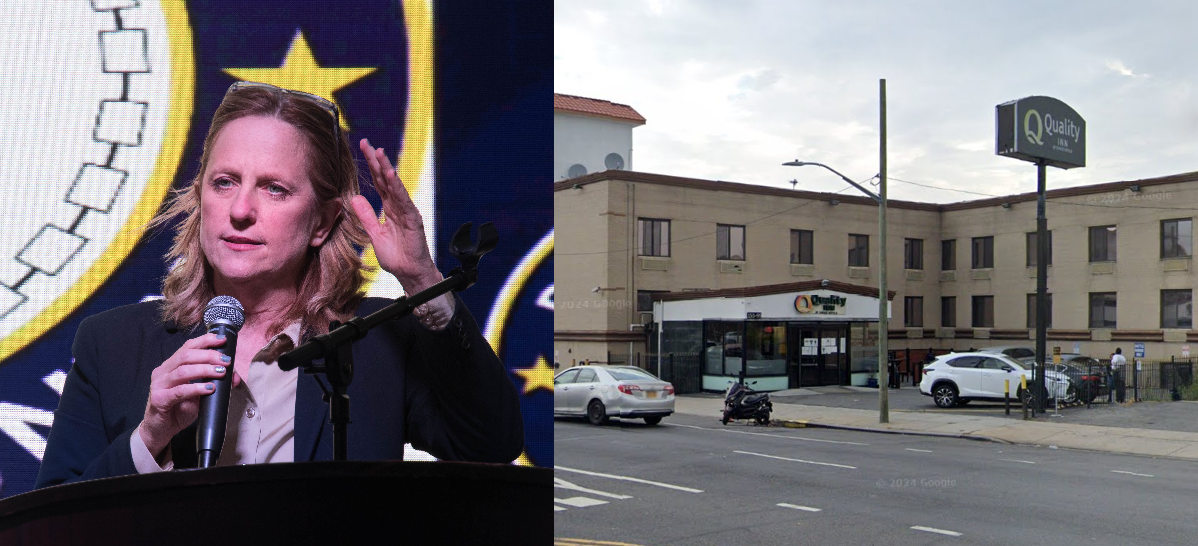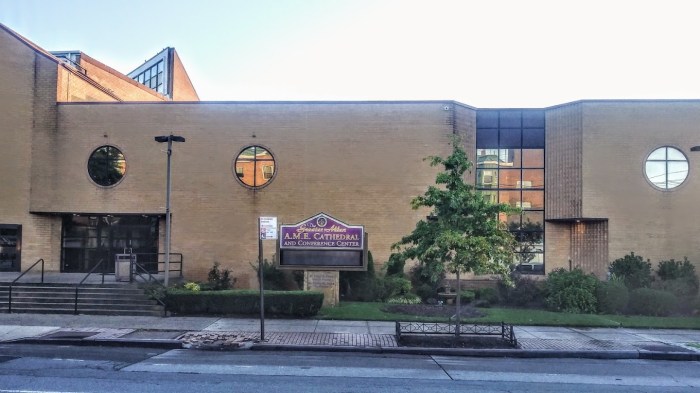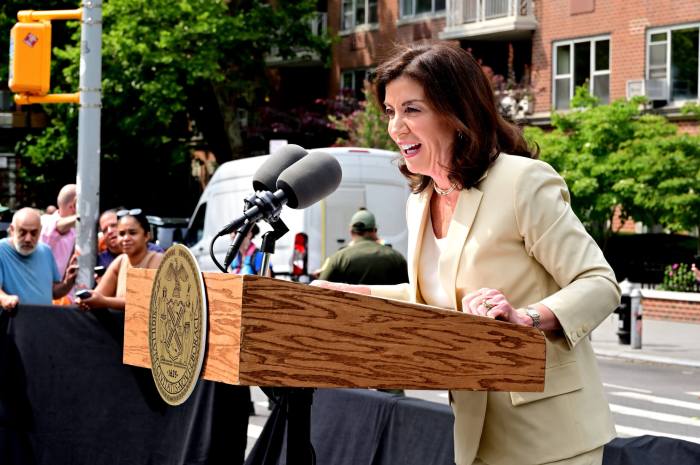For so many New York City restaurants, surviving the brunt of the COVID-19 pandemic was tough enough. The Omicron-fueled winter surge is making things even tougher.
Andrew Rigie, executive director of the New York City Hospitality Alliance, said Omicron delivered “another gut punch” to the entire restaurant and nightlife industry within the five boroughs through an array of mass reservation cancellations, holiday party postponements and staff shortages.
“We were on such a better path just a couple of weeks ago, and this rise in cases is another gut punch to an industry that was facing a long road to recovery,” Rigie said in an interview with amNewYork Metro on Tuesday regarding his organization’s efforts to get city, state and federal governments to come to the rescue once more.
The alliance —which has been outspoken in rallying for restaurant relief efforts throughout the pandemic — unveiled on Dec. 21 a 10-point action plan for government efforts to tackle the Omicron crisis and help local restaurants grapple with ensuing financial turmoil.
Two of the points are givens: The alliance urged all government leaders to communicate clearly with businesses and the public, including resisting calls for new shutdowns and capacity restrictions. They also asked government to continue advocacy for more New Yorkers to get vaccinated and receive booster shots.
Other, more comprehensive ideas on the action plan aim to alleviate new financial burdens for restaurateurs, such as offsetting the cost of employee COVID-19 sick days, converting collected sales taxes into emergency grants and replenishing the Restaurant Revitalization Fund, a federal program in the American Rescue Plan that provided billions of dollars in aid to eateries across America. Rigie noted that 65% of New York restaurants wound up being shut out of such aid because the funds had been exhausted by the time they applied for it.
“The restaurants that were fortunate enough to receive the grant were able to pay their back rent and other expenses, while others got left in the cold, and now it’s the winter, and they still haven’t received the support that they need,” Rigie added.
When COVID-19 first hit New York City, restaurants and bars were ordered closed due to capacity restrictions. Some businesses never reopened, while others that persisted through the health crisis hung on by offering takeout or delivery services and, beginning in June 2020, outdoor dining. Indoor dining briefly came back online in the fall of 2020, but quickly stopped after a rise in cases; it was eventually restored in the spring of 2021, as the vaccination effort dropped virus cases.
But the mass closures and capacity restrictions put many restaurateurs in significant financial trouble. At one point in the pandemic, a New York City Hospitality Alliance survey found that some 86% of restaurant owners reported that they could only pay some of their rent, or none at all.
Balancing the scale
Relief programs, such as the Restaurant Revitalization Fund, helped many restaurant owners across the country recover. Yet that didn’t help the 65% of New York eateries shut out of the program, Rigie said, and it’s resulted in an uneven situation for the restaurant and nightlife industry.
The Omicron variant’s arrival, while harmful, gives federal lawmakers to correct disparity by replenishing the Restaurant Revitalization Fund, he added.
“That is critically important because there’s still in a dire financial state based on the past 20 months, so that would be business and life changing for them,” Rigie noted.
He also wants Congress and the president to pass legislation that local Congressman Jerry Nadler sponsored amending the Paycheck Protection Program to bail out business owners who received federal aid through the program in 2020 and wound up being on the hook for paying it back through loans.
The alliance also wants the reinstatement of “Alcohol to Go,” a measure permitted at the height of COVID-19 which enabled businesses to sell beer, wine and cocktails to customers ordering delivery or take out. That program ended as indoor dining was restored, but the alliance notes that the program had generated needed revenue for restaurants and bars, and was popular with customers.
As many New Yorkers might feel more comfortable dining outside these days, even in the cold, the alliance is also urging the City Council to once again permit the use of propane heaters. The devices were outlawed last year, but Rigie believes they’re vital tools for restaurants to offer safe outdoor dining options in the middle of winter — and has the support of Mayor-elect Eric Adams and City Council Member Keith Powers, who introduced legislation re-legalizing the heaters.
Some New York City restaurants got a bit of good news Tuesday, when Governor Kathy Hochul announced that the Restaurant Resiliency Program would deliver 200,000 meals to New Yorkers in need this holiday season. Participating eateries create the meals for distribution and receive payment for their services.
“During the holiday season, no family in the state of New York should go hungry,” Hochul said. “The Restaurant Resiliency Program takes an innovative approach to help New Yorkers facing food insecurity and restaurants struggling during the pandemic. Programs like these showcase the spirit of generosity and collaboration that is crucial to New York’s success.”



